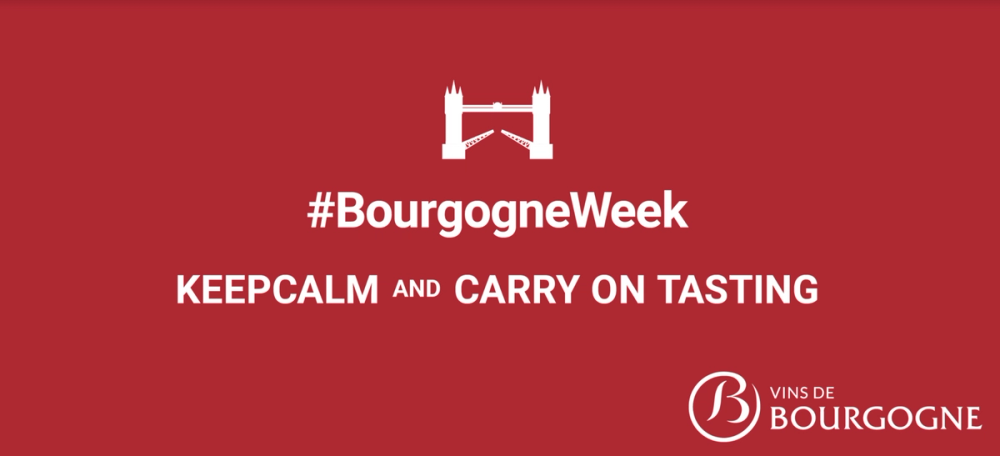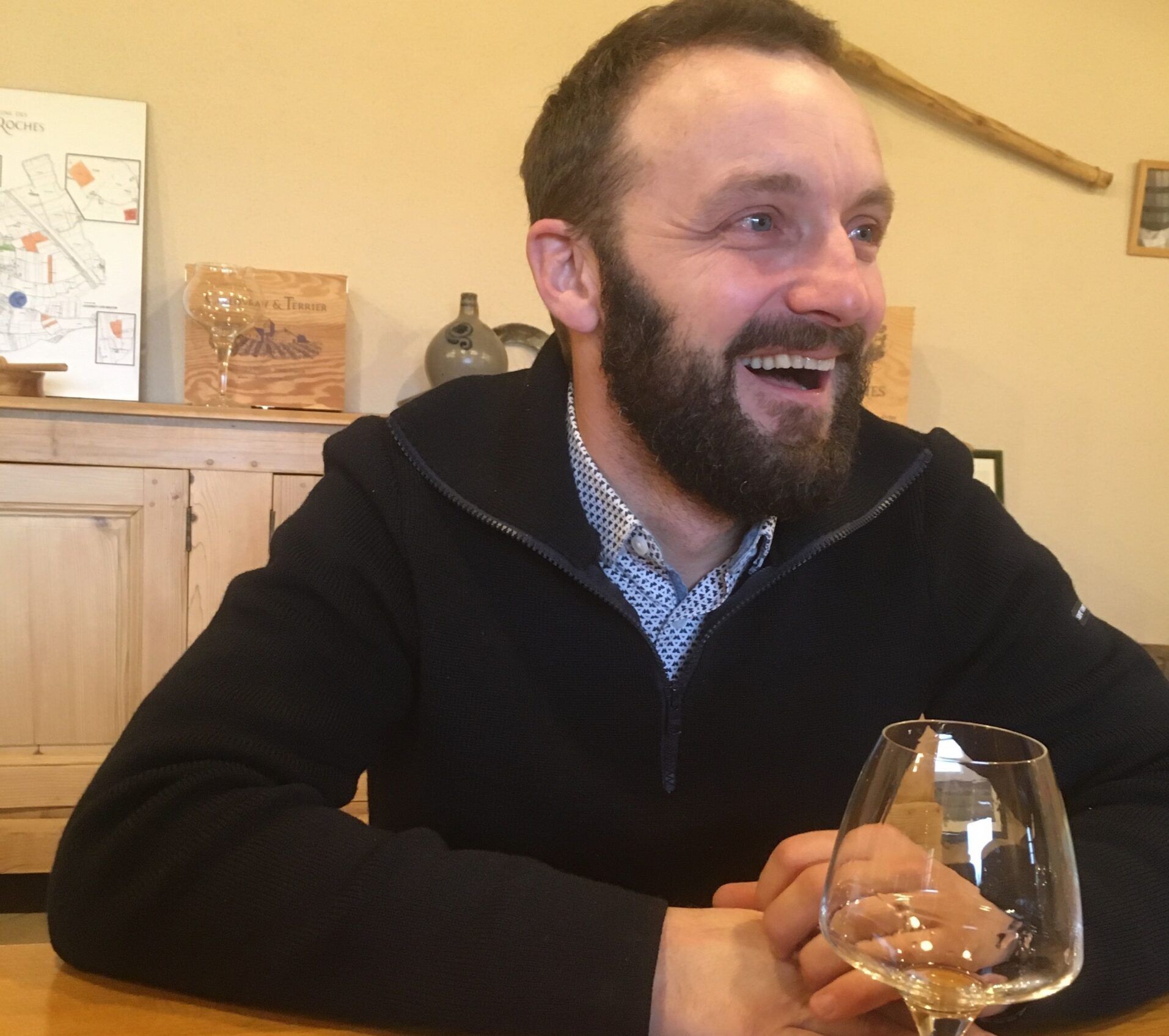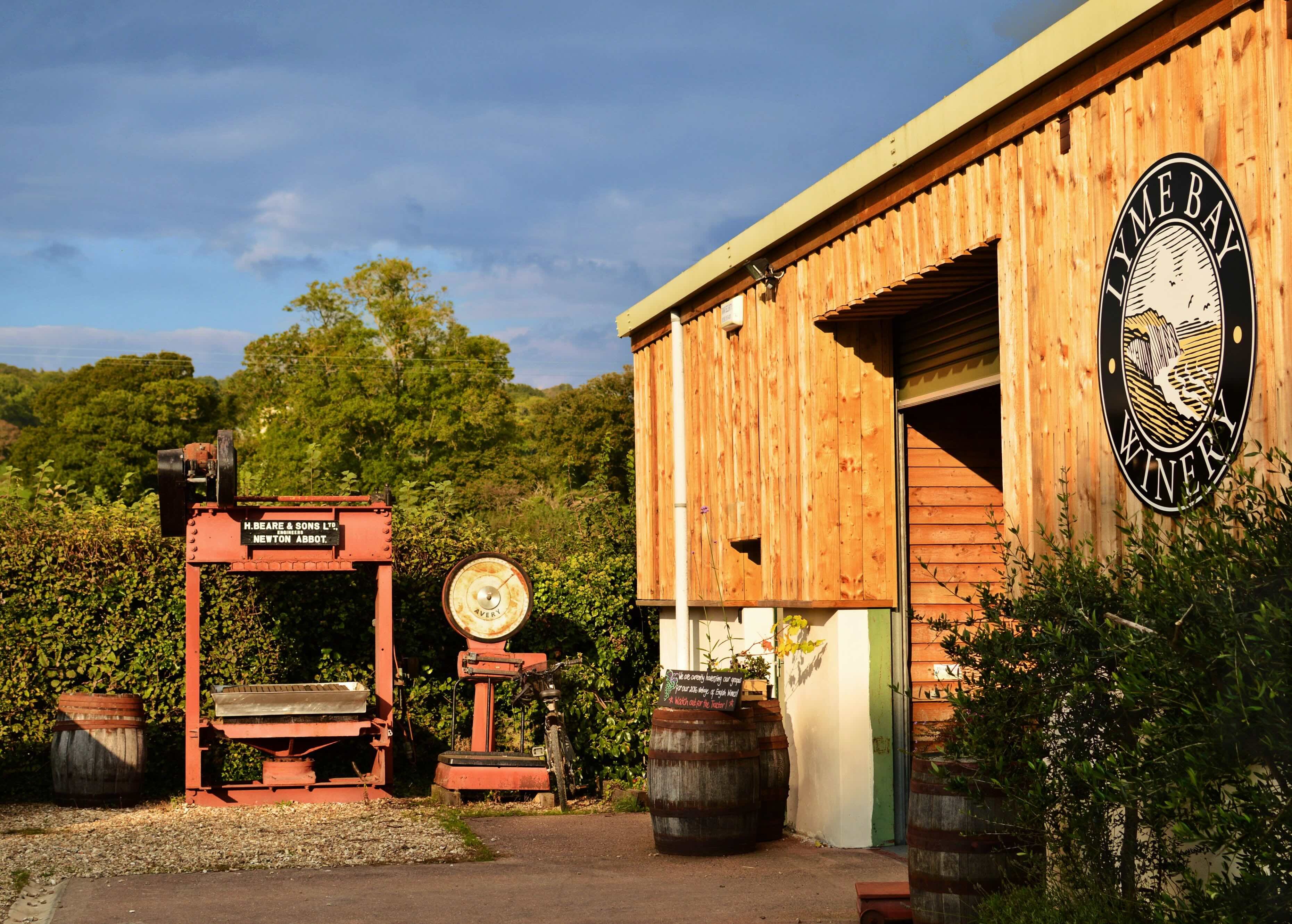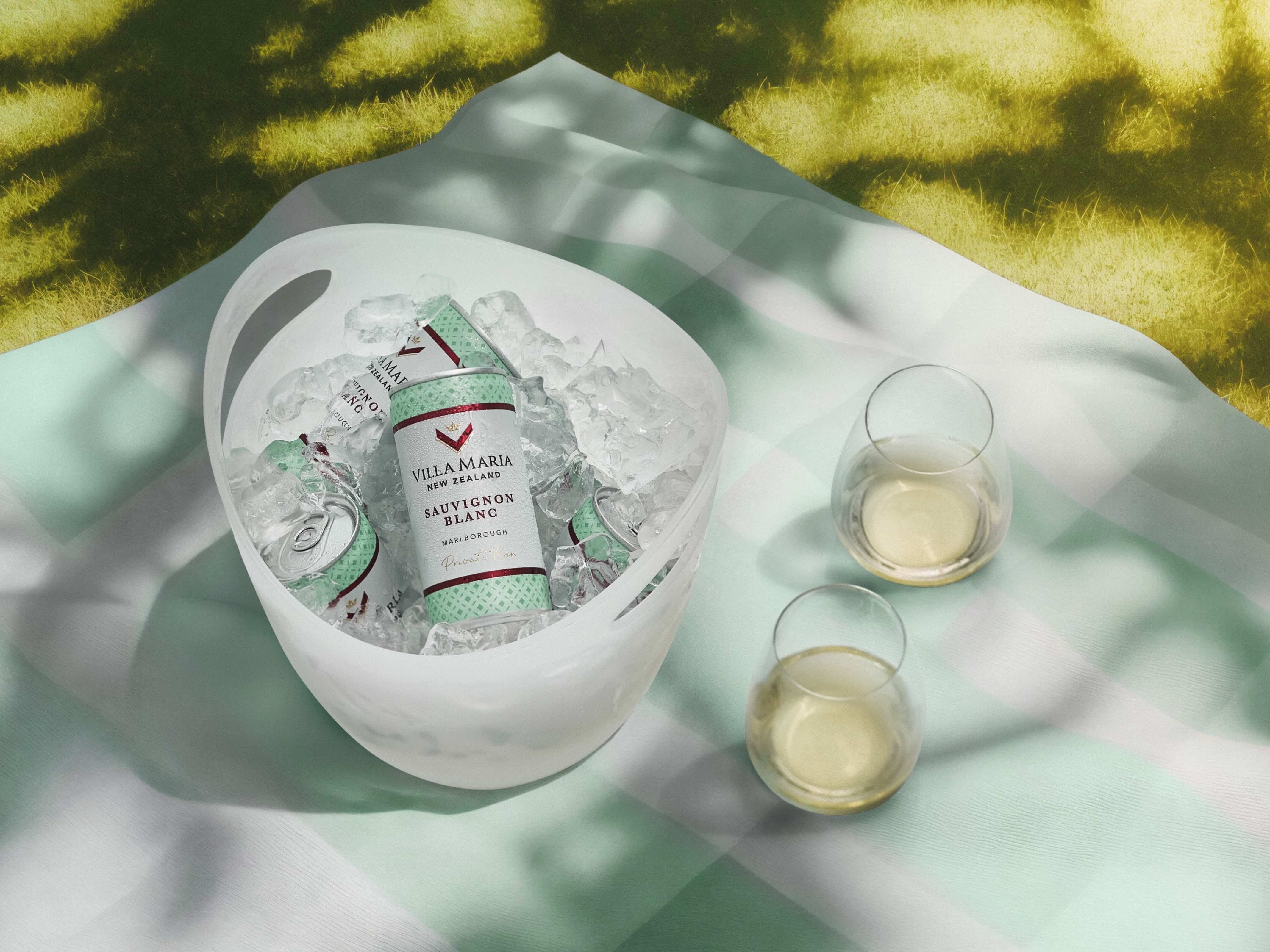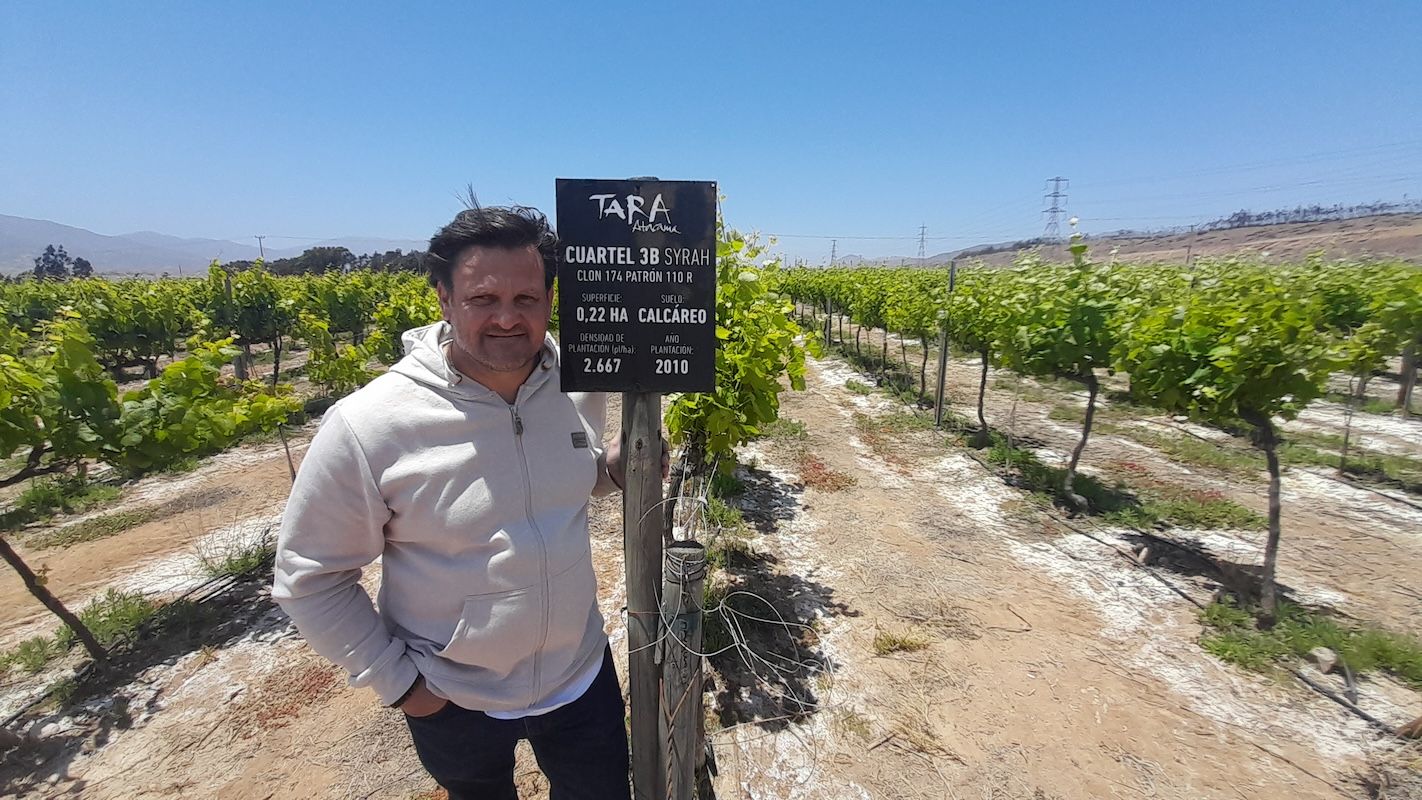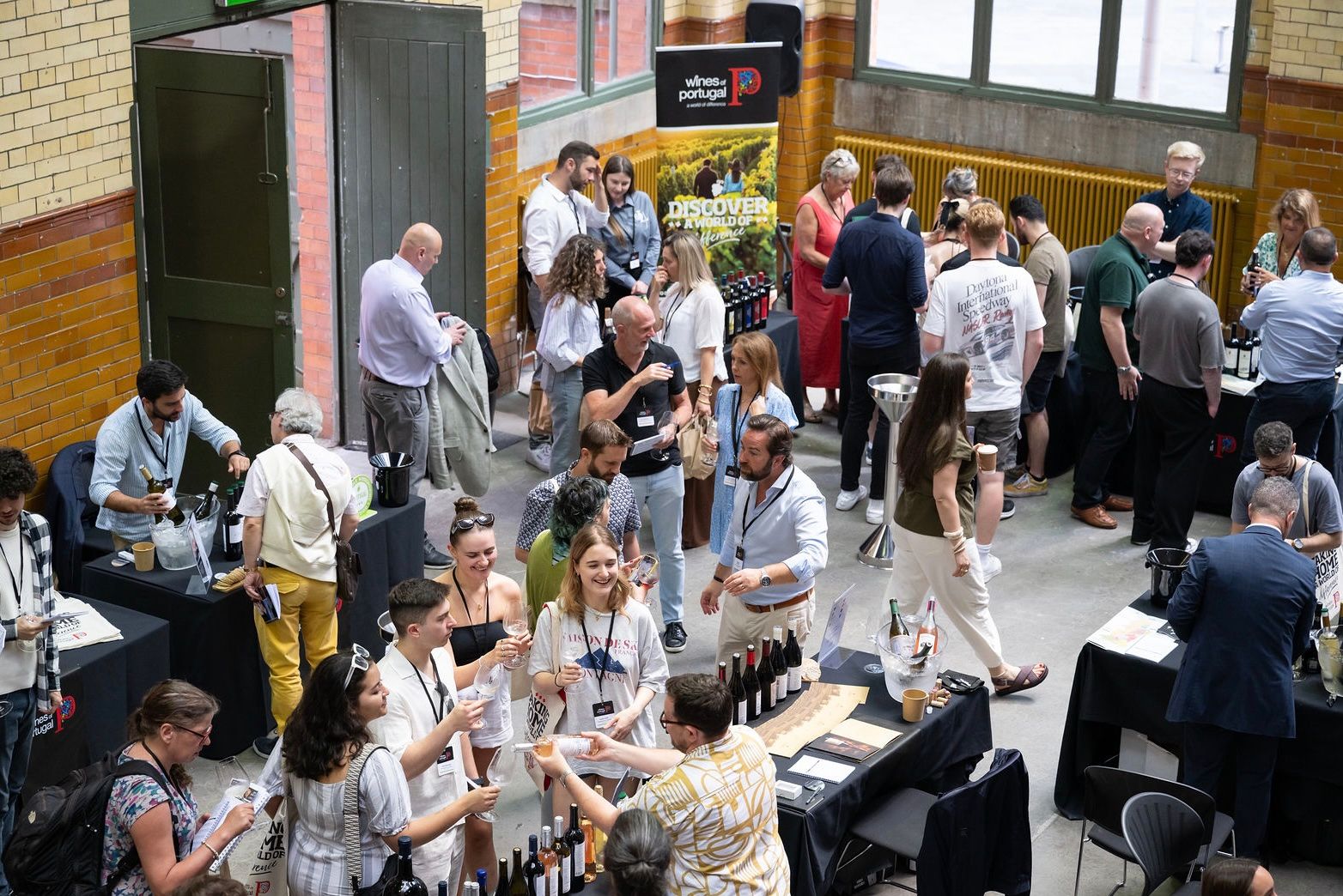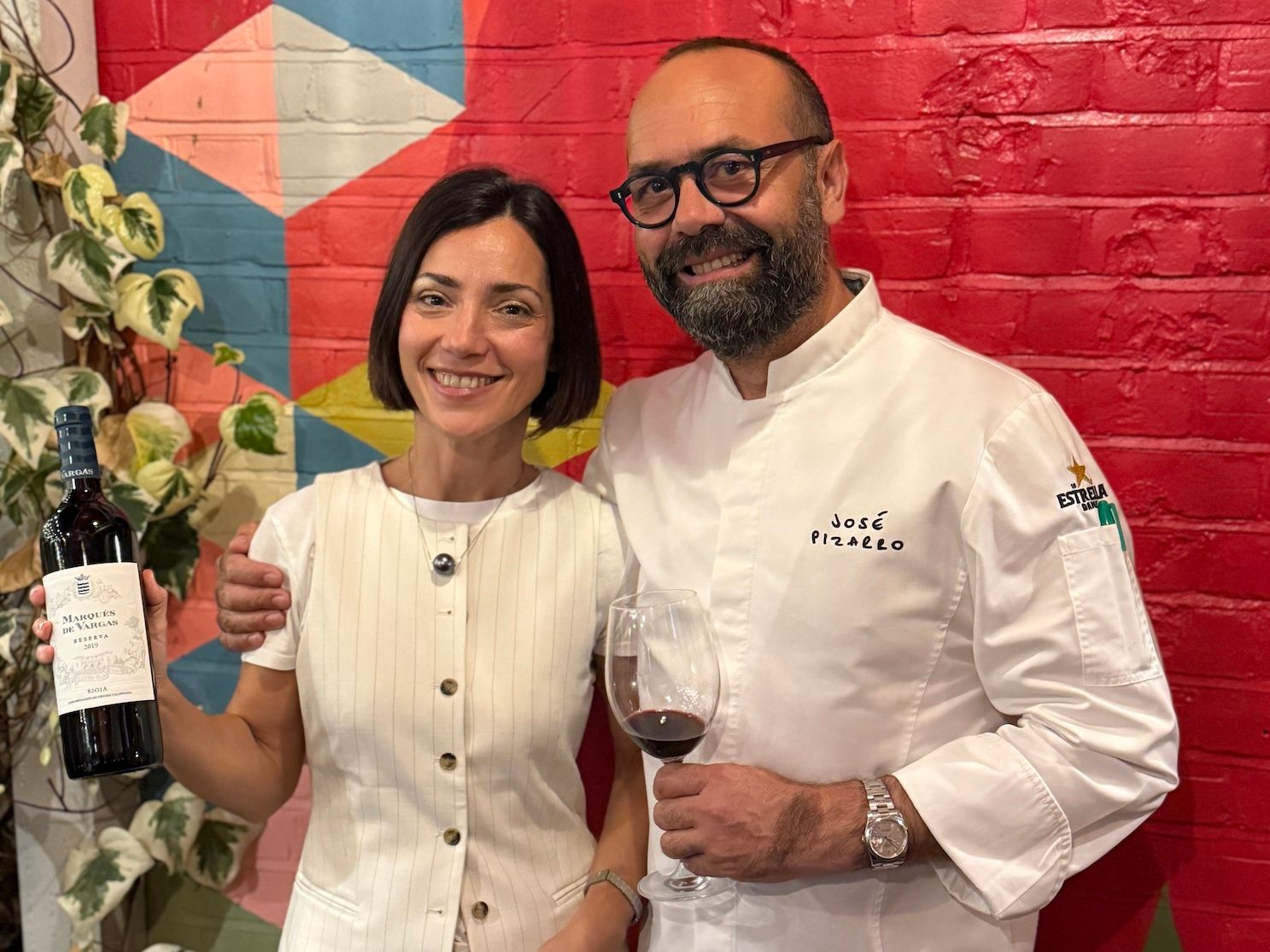Over the next week The Buyer will be running a series of interviews showcasing how importers and Bourgogne producers hope to make the most of Bourgogne Week and the release of what is being seen as the exceptional 2020 vintage.
Charles Taylor Wines has spent the last 35 years supplying the premium UK wine trade with specialist wines from across Bourgogne, with a particular focus on sourcing up and coming single estate producers from emerging appellations. Here we talk to managing director, Louisa de Fay Perkins, about its partnership with Florent Rouve and what it is about its wines that it believes best represents what the Mâcon-Lugny can offer.
Charles Taylor Wines
Louisa de Faye Perkins, managing director
How important is Bourgogne to your overall business?
We have an established reputation for our broad Bourgogne range and sell over 100,000 cases per annum, both en primeur and throughout the year across the market to national distribution, independent retailers and specialist wholesalers who supply our wines to the on-trade. Bourgogne wine sales are very much an important part of our overall business and we are passionate about offering our clients the opportunity to access Bourgogne wines from across a wide range of appellations.

Charles Taylor Wines is one of the leading specialists in Bourgogne wines
Has that significance grown in recent years and if so how and why?
Our knowledge and over 35 years of experience in Bourgogne gives us access to an excellent range of suppliers and their wines – we have experienced particularly strong growth in the last two years. Our clients have had to diversify their ranges due to price increases, stock limitations, or as a result of not being able to travel themselves. These clients rely on our expertise and knowledge to help them source great Bourgogne.
Why do you think Bourgogne still offers such a draw to UK buyers and consumers?
The quality of Pinot Noir and Chardonnay is excellent and highly consistent at each quality level. Recent vintages have been consistently fine with excellent quality every year since 2012. Bourgogne produces the most food-friendly versions of Pinot Noir and Chardonnay in the world. They have the advantage of being accessible young whilst ageing well.
What do you think of the 2020 vintage in terms of quality, style and selling to the trade?
2020 is yet another excellent vintage in Bourgogne. The fourth hot, dry summer in a row has produced full-bodied, rich and concentrated wines not dissimilar to those made in 2019. These wines are very attractive in their youth which is great for trade sales.
What do you think your restaurant and merchant customers most want from Bourgogne – has that changed in recent years?
Our wholesale clients are as always looking for quality, availability and value within the appellation they are purchasing. Price increases in recent years has meant that lesser-known appellations are being explored much more than before.
Why did you want to work with Bourgogne producer Florent Rouve?
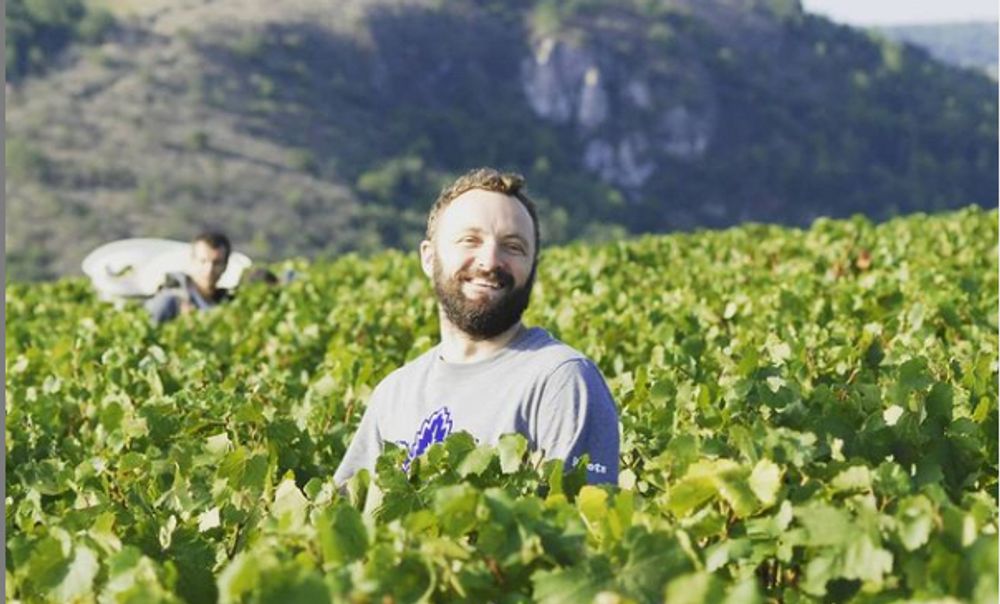
Florent Rouve is one of Bourgogne’s most respected winemarkers
Florent Rouve is such a dynamic and exciting producer. He produces characterful wines which are concentrated, delicious and are truly representative of their individual appellations. Florent’s wines are brilliant and so is his enthusiasm. The quality is only going to grow from this talented winemaker. Next step will be his conversion to organic viticulture in two years’ time.
What do you see as the key characteristics of the Mâcon-Lugny appellation where you source his wines from?
This Mâcon-Lugny ‘Les Crays vers Vaux’ is a cool site and is always the last of Florent’s Mâconnais vines to be harvested. It has fine tension and freshness even in warmer vintages.
What opportunities do you see for Bourgogne’s lesser-known appellations?
They have the potential to attract a younger clientele due to their approachable styles and price points. Climate change has made many of the cooler, later ripening sites, that were less well regarded in the past, exciting prospects for the future.
Any particular hidden gems you think we should be aware of and why?
All wines from Florent Rouve including his Viré-Clessé.
Interview with Florent Rouve
Can you tell us some history and key points about your winery?
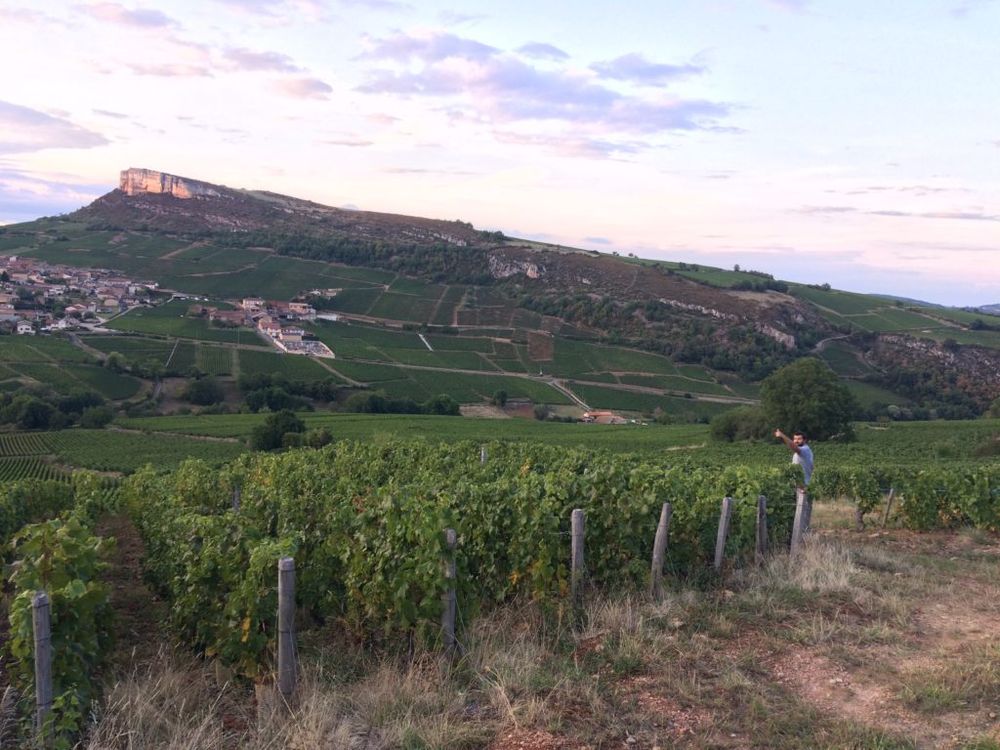
Florent Rouve is able to work with prestige soils in the heart of the Mâconnais
The domaine was founded in 1998 by Jean Rijckaert, a self-made, passionate Belgian businessman, who set up as a wine producer in Bourgogne in 1990, at the time with Verget in Sologny, a company he co-founded. I met Jean in 2003 and he gradually passed on to me his passion and scrupulous winemaking standards which have been instrumental in creating the character of our wines. I now manage 4ha of vines in the Mâconnais, mainly in the appellations of Viré-Clessé and Mâcon-Lugny, and also 7ha in the Jura. My range of wines also includes grapes bought in ‘by the vine’, that we harvest and vinify with the same precision and care we give to our own grapes.
The essential factors at the core of our winemaking are limited yields, hand-picked grapes, slow, moderate pressing, indigenous yeasts and long ageing, not to mention a few well-kept secrets as well. Our focus is on natural, hands-on winemaking, with the aim of enhancing the typical character of the grape variety and terroir.
What are the main styles of wine that you produce?
We are producing almost exclusively white wines. The major stages in our winemaking process – which are the same for all our wines – tend to lend elegance and harmony to the structure of the wine, creating wines that are more about ‘length’ than ‘breadth’. Wines that focus on enjoyment, elegance and purity, wines that are ‘alive’, and refreshing and bring a touch of celebration.
You are producing some 2020 Mâcon-Lugny, Les Crays Vers Vaux. What do you think makes that appellation so different and unique?
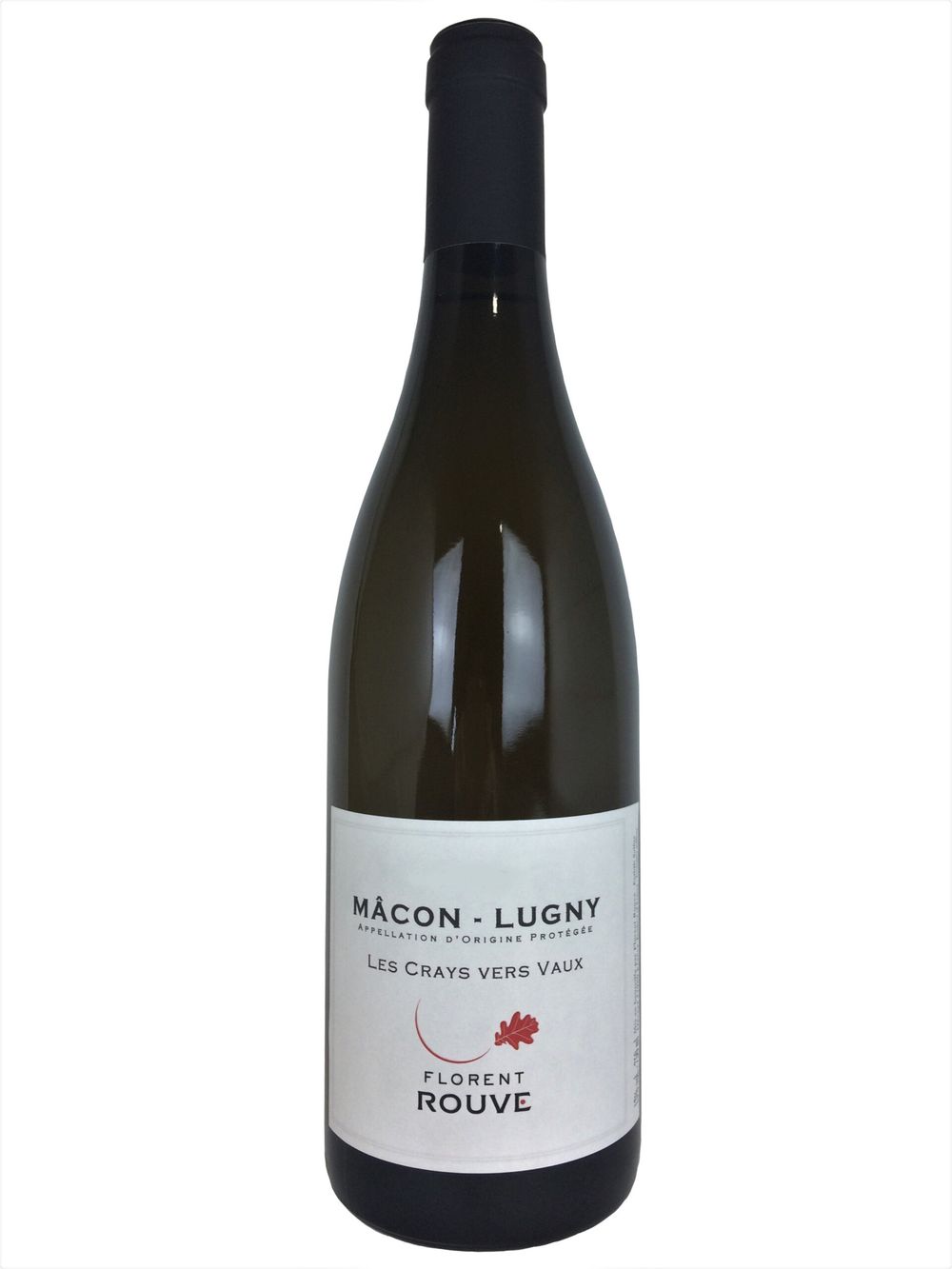
Its ‘cool’ location at an altitude of almost 300m, and west-facing exposure is key. As are the quality of the soils, which, as the name indicates (‘Les Crays’ means chalk), consists largely of hard chalk. These conditions are highly favourable for promoting wines with a magnificent, mineral Chardonnay expression.
Has the way you make this wine changed in the last 10 to 15 years – if so, how?
We stopped ‘batônnage’, or stirring the lees, almost 10 years ago, further enhancing the purity of the pristine mineral structure.
How do you see the 2020 vintage in terms of quality and style?
The vines have reacted in textbook fashion to the relatively hot weather and have managed to ably navigate the moderate levels of precipitation available. Fundamentally, 2020 is a vintage characterised by good balance and intensity, and is showing remarkable ‘density’.
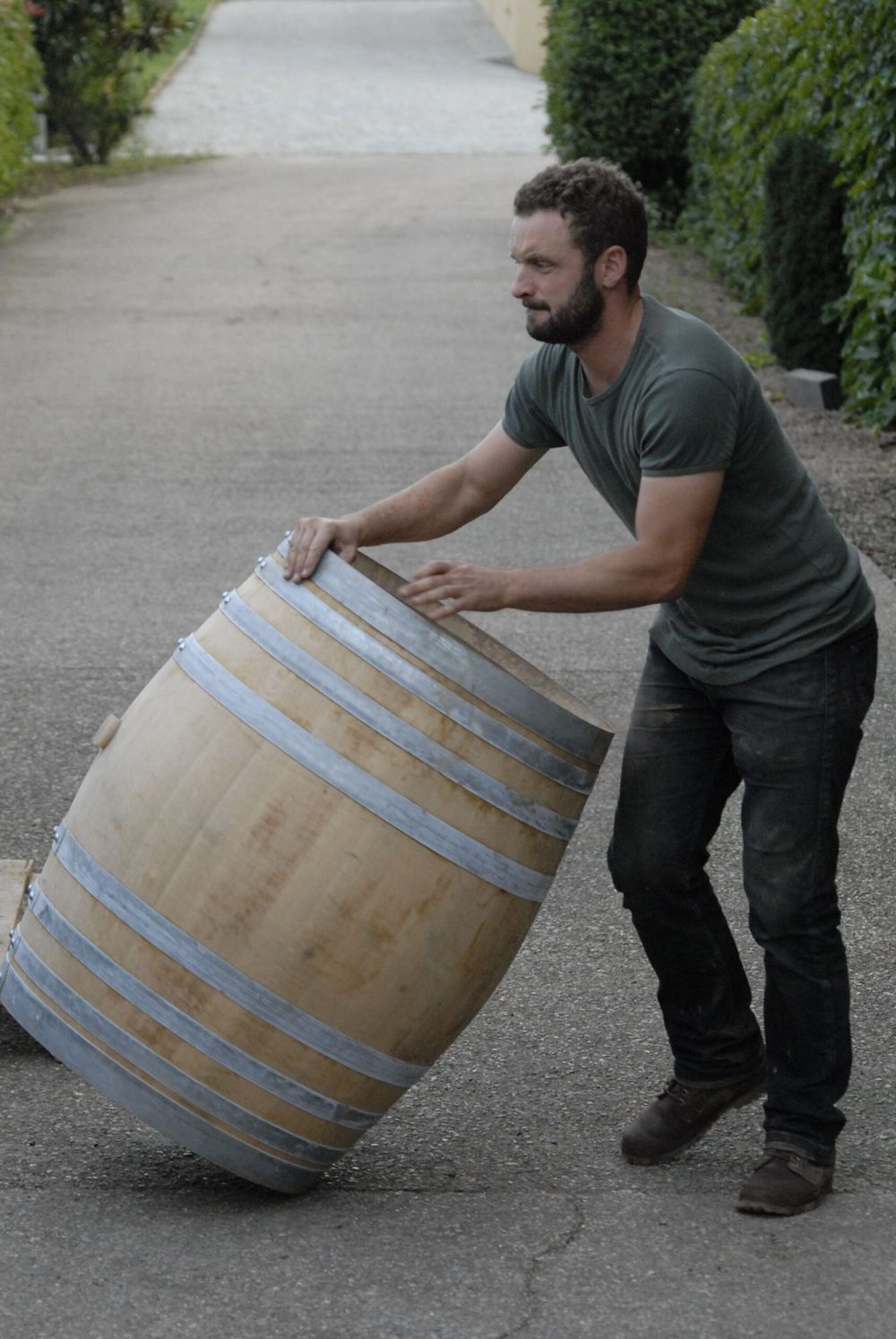
Florent Rouve hard at work during the harvest
How would you describe the potential quality of the 2021 vintage compared to other years?
Despite limited yields, the 2021 vintage will not be marked by intensity. The changeable weather in spring and summer did not create great concentration in the grapes. Having said that, early tastings after fermentation reveal a highly-sculpted vintage. We will know more after a few months ageing and yeast autolysis, but 2021 points to purity and elegance.
What steps are you taking to be more sustainable and tackle climate change?
We can’t beat nature, and can only submit to her whims and adapt. So we have to ‘care for’ nature using natural means, by promoting biodiversity in the vineyard, increasing genetic diversity per square metre and enabling the vines to find solutions ‘independently’. We can certainly guide and support nature, by adapting, for example, pruning techniques (pruning later or extending the replacement spurs), or by introducing grape varieties that are most suited to the environment. But we all need to approach this together –we have a lot of work to do.
- You can follow Bourgogne Week on social media at @BourgogneWines on Twitter and @vinsdebourgogne on Instagram. You can find out more about the Bourgogne Week and what tastings and events are taking place at Bourgogne Wines website here.
